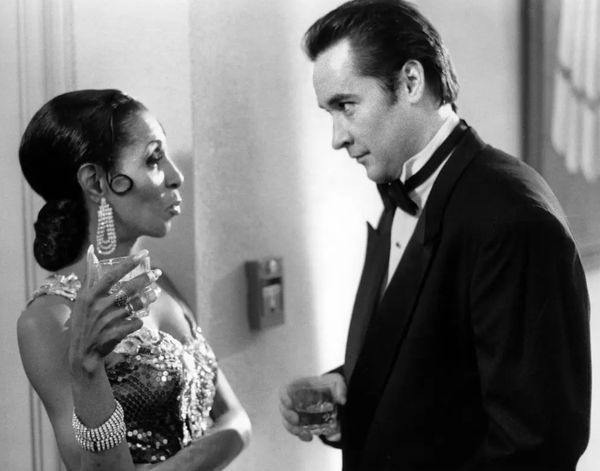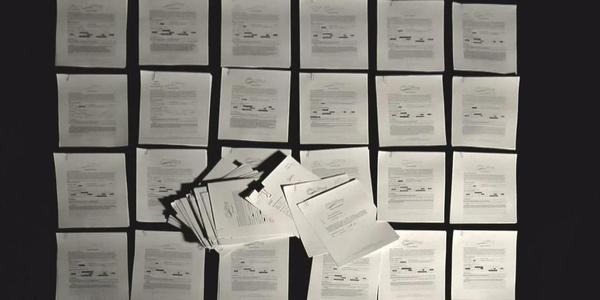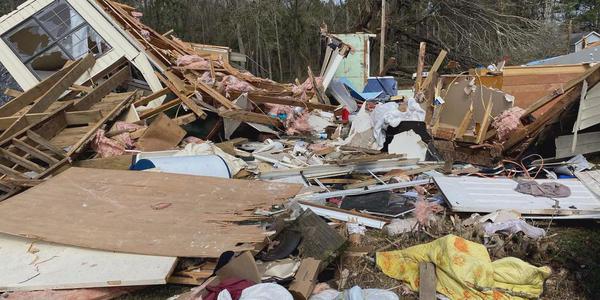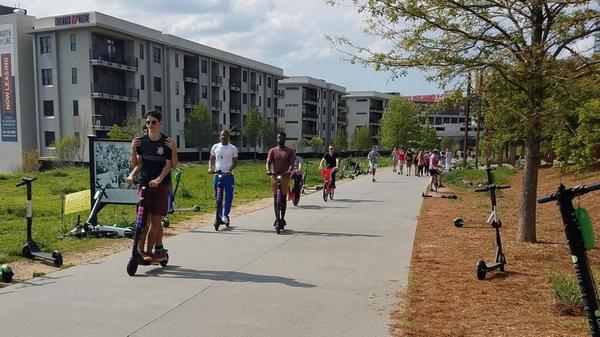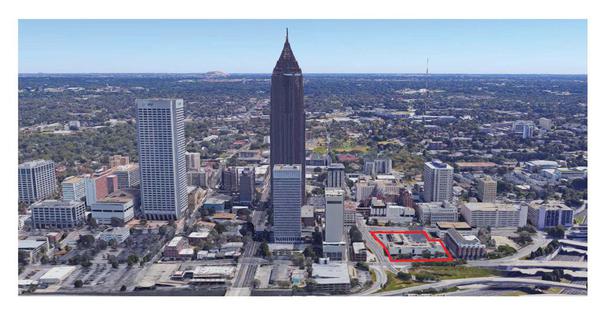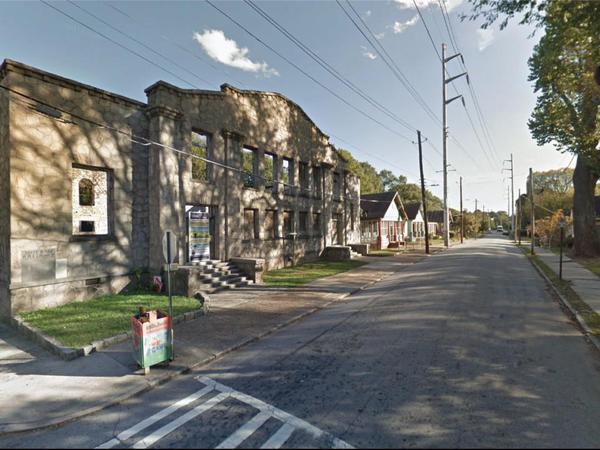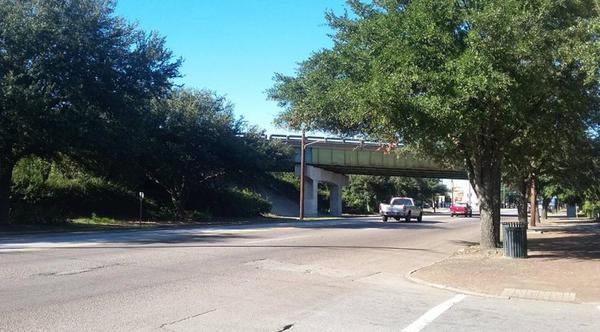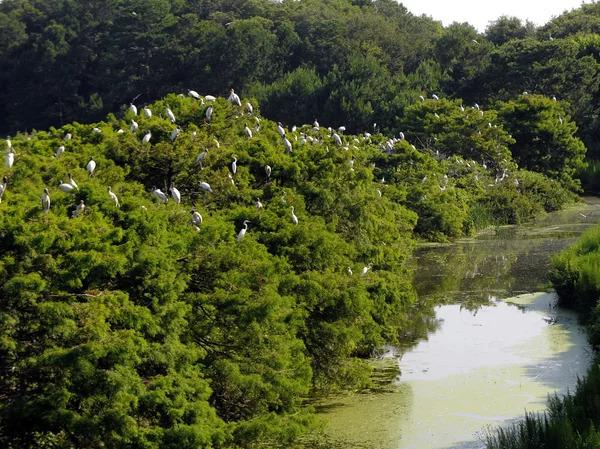
NPR: Old Land Battle Resurfaces In Georgia Between The Gullah And The Government
Seventy years ago, the federal government took land from descendants of West African slaves living in Georgia. Now they're fighting to get it back. They're known as the Gullah. In 1942, they were given weeks to leave the marsh property that's now a wildlife refuge. The descendants say they need the land back to resurrect one of the last remaining Gullah communities in the U.S.
Georgia Public Broadcasting's Gabrielle Ware has the story.
GABRIELLE WARE, BYLINE: Wilson Moran was in his mother's womb when his family moved from Harris Neck, Ga. He still grew up near the refuge, and today, in his 70s, navigates the land with ease.
WILSON MORAN: You see? There's a deer. And they come out here, and they lap the salt. And you see that white? That's a buoy. That's a crab trap. And there you go. And there's more crab traps there, there and there.
WARE: The sun beats down on Moran's thin frame as he points out the picturesque view from one of Harris Neck's fishing grounds, about an hour from Savannah. Many years after the slaves were brought to the coast to grow rice, it flourished into a fishing community.
MORAN: The white plantation owner's children were very envious and did not like our success.
WARE: The Rev. Robert Thorpe was only a child when he left Harris Neck. He was told his family would get their land back after World War II, but first, they needed to relocate immediately.
ROBERT THORPE: If you don't move, we're going bulldoze your property down or burn it down. You must be out in two weeks. That's the deadline.
MORAN: He was only 11 at the time. Now at 83, his eyes fill with tears as he talks about the day a government official came to his home and ordered his family to leave.
THORPE: I'll never forget even what's the kind of car the man was driving - a brand new Pontiac station wagon - gray station wagon.
MORAN: When the war ended, the government gave the land to the county to use as an airport. After years of mismanagement, the U.S. Fish and Wildlife Service took control in 1962. Descendants filed a federal lawsuit in the 1970s to regain ownership of the 2,700 acres, but a judge declared that only an act of Congress could return it. So the group petitioned lawmakers in Washington to do that. The bill never passed.
DAVID KELLY: I felt a gut, mid-chest, emotional reaction that this was a wrong that could've been righted and should've been righted a long, long time ago.
WARE: That's David Kelly. He established the Harris Neck Land Trust in 2006 to help the Gullah people return home. After failed court and legislative efforts, trust members are trying a new tact. They've petitioned the federal government for a 99-year lease on part of the refuge. Tom MacKenzie is with the U.S. Fish and Wildlife Service. He understands the situation, but says Harris Neck is now a refuge not a residence.
TOM MACKENZIE: Refuges are for wildlife. That's where wildlife comes first. If you decide to put in a subdivision in the middle of refuge, that could adversely affect the wildlife in the area.
WARE: The wood stork is part of the wildlife that lives there. The large wading bird got off the endangered species list last summer and is now classified as just threatened. Mackenzie worries what would happen if people moved into the refuge. The proposed lease area is about a mile away from the wood stork's habitat and would be used to house up to 60 residents. Thorpe says his people lived in harmony with nature before, and they can do so again.
THORPE: The government first should've given it back to us. They didn't do what they supposed to do. Knowing that it was a mistake is a great injustice that they did to us.
WARE: The U.S. Fish and Wildlife Service says it will give a response to the lease proposal within three months. For NPR News, I'm Gabrielle Ware.
Georgia Public Broadcasting's Gabrielle Ware has the story.
GABRIELLE WARE, BYLINE: Wilson Moran was in his mother's womb when his family moved from Harris Neck, Ga. He still grew up near the refuge, and today, in his 70s, navigates the land with ease.
WILSON MORAN: You see? There's a deer. And they come out here, and they lap the salt. And you see that white? That's a buoy. That's a crab trap. And there you go. And there's more crab traps there, there and there.
WARE: The sun beats down on Moran's thin frame as he points out the picturesque view from one of Harris Neck's fishing grounds, about an hour from Savannah. Many years after the slaves were brought to the coast to grow rice, it flourished into a fishing community.
MORAN: The white plantation owner's children were very envious and did not like our success.
WARE: The Rev. Robert Thorpe was only a child when he left Harris Neck. He was told his family would get their land back after World War II, but first, they needed to relocate immediately.
ROBERT THORPE: If you don't move, we're going bulldoze your property down or burn it down. You must be out in two weeks. That's the deadline.
MORAN: He was only 11 at the time. Now at 83, his eyes fill with tears as he talks about the day a government official came to his home and ordered his family to leave.
THORPE: I'll never forget even what's the kind of car the man was driving - a brand new Pontiac station wagon - gray station wagon.
MORAN: When the war ended, the government gave the land to the county to use as an airport. After years of mismanagement, the U.S. Fish and Wildlife Service took control in 1962. Descendants filed a federal lawsuit in the 1970s to regain ownership of the 2,700 acres, but a judge declared that only an act of Congress could return it. So the group petitioned lawmakers in Washington to do that. The bill never passed.
DAVID KELLY: I felt a gut, mid-chest, emotional reaction that this was a wrong that could've been righted and should've been righted a long, long time ago.
WARE: That's David Kelly. He established the Harris Neck Land Trust in 2006 to help the Gullah people return home. After failed court and legislative efforts, trust members are trying a new tact. They've petitioned the federal government for a 99-year lease on part of the refuge. Tom MacKenzie is with the U.S. Fish and Wildlife Service. He understands the situation, but says Harris Neck is now a refuge not a residence.
TOM MACKENZIE: Refuges are for wildlife. That's where wildlife comes first. If you decide to put in a subdivision in the middle of refuge, that could adversely affect the wildlife in the area.
WARE: The wood stork is part of the wildlife that lives there. The large wading bird got off the endangered species list last summer and is now classified as just threatened. Mackenzie worries what would happen if people moved into the refuge. The proposed lease area is about a mile away from the wood stork's habitat and would be used to house up to 60 residents. Thorpe says his people lived in harmony with nature before, and they can do so again.
THORPE: The government first should've given it back to us. They didn't do what they supposed to do. Knowing that it was a mistake is a great injustice that they did to us.
WARE: The U.S. Fish and Wildlife Service says it will give a response to the lease proposal within three months. For NPR News, I'm Gabrielle Ware.


